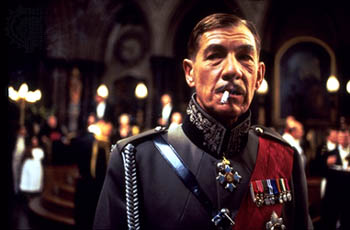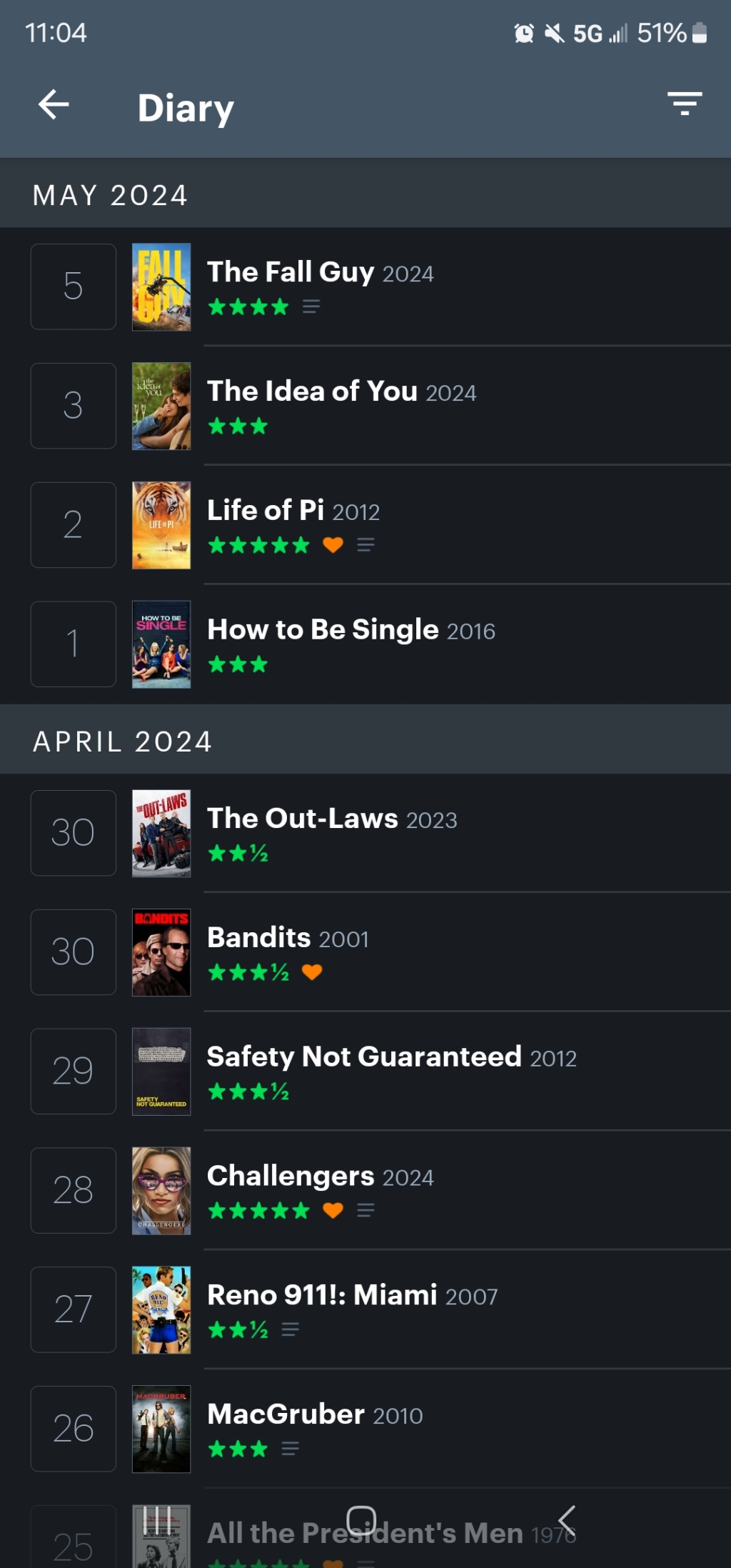Last week I subbed three days of 10th grade MCAS testing as a hall monitor – which meant I had a boat load of reading time in-between walking students to wherever they had to go in the midst of the testing session. During the week I did a little bit of writing for NaPoWriMo, but the major accomplishment was reading nearly half of The Will of the Word – a Shakespeare bio by Stephen Greenblatt that I had read bits and pieces of when writing the trove of essays I’ve written on the subject during the past x years.
What I’ve read so far has been interesting. The first couple of chapters were contextual, focusing information before William Shakespeare was even born. A lot of time was spent on his father, and it was for good purpose. as Greenblatt supplies a lot of information on the elder Shakespeare that rationalizes what his son would go on do to; how he would have had exposure to certain people, his path from Stratford to the London entertainment center (rather than college), and how theater would have entered a Glover’s son’s life. The result is a alluring road map that’s been fun to travel.
Two other subjects broached in the early chapters were the religious climate of the era and Shakespeare’s marriage to Anne Hathaway. While I had always known that the era was steeped in a religious fervor, I didn’t know much of the specifics in regards to the monarchy and their impact on implementing each theology within the region. The turnover in rulers and their religious beliefs had to be exhausting to, well, everything with a pulse. Also, I found out that church attendance was punishable by fine. I guess that motivates you not to hit snooze…
The section on Hathaway, which was addressed under a longer section on marriage in Shakespeare’s works, had one of the fiercest Shakespeare tidbits I’ve ever come across. On his deathbed he altered his will to include his wife (In some ways it might be burying the lead that he didn’t include Anne in the first draft of the will) with the following bequethment (sp?): “his second best bed.” Harsh, right? Maybe not so much considering the era: The best bed stayed with the house and usually was reserved for guests anyways (so it was likely that their marriage bed was the second best bed) and in law she was entitled to a third of his estate. Still, in contemporary society, that’s a savage line to read.
There were some other interesting bits in the first 190 or so pages – the English theater scene seemed wild. 1. Did you know there was a sport called “bear-baiting”? They tied a bear to a stick and unleashed dogs at it. While it’s obviously inhumane, I’m mildly curious how many dogs a bear takes out before it goes down. 2. One of the reasons theaters were considered so salacious – aside from the religious turmoil of the period – was that brothels were often located so close to, and by close to I mean maybe within an attached building, the theater, the women would often try to pull men into their house to earn their income.
I’m going to keep reading. I usually have at least one prep period while subbing, and I’m so invested in this bio at this point that I’m really excited to learn a little more about someone whose work I’ve spent so much time studying.





What do you think?